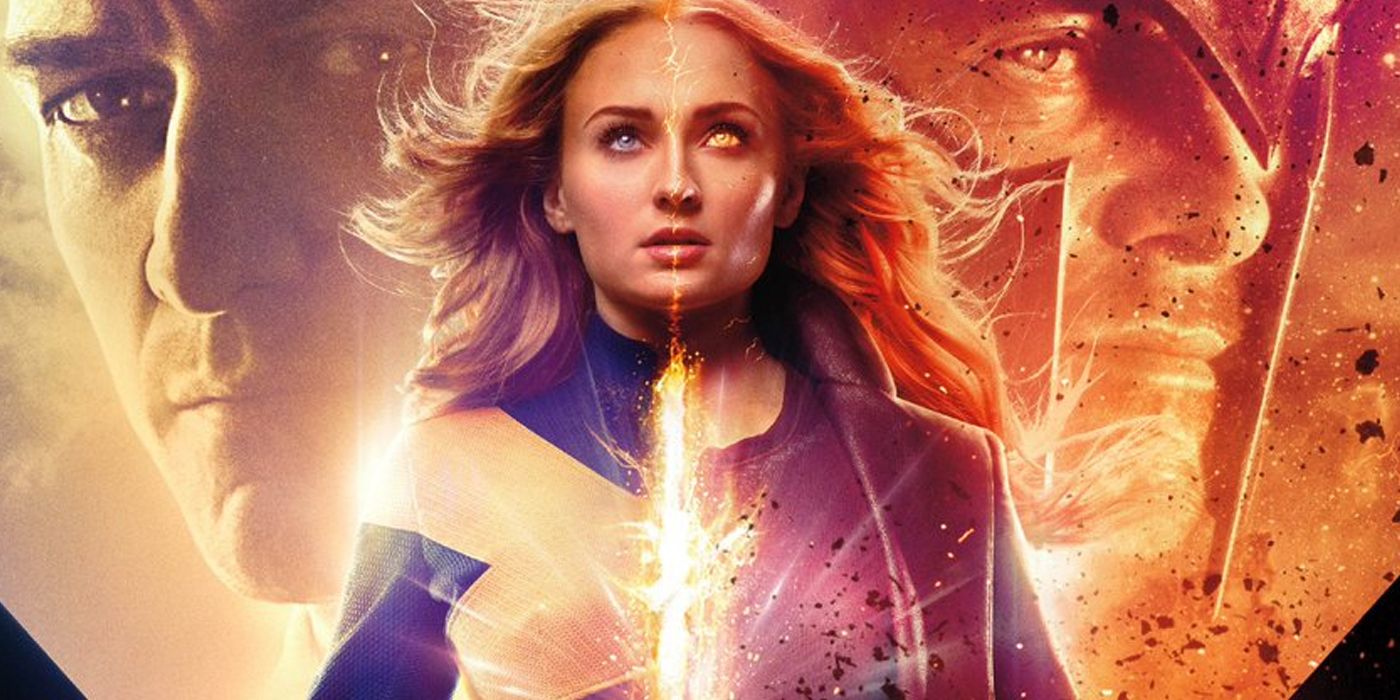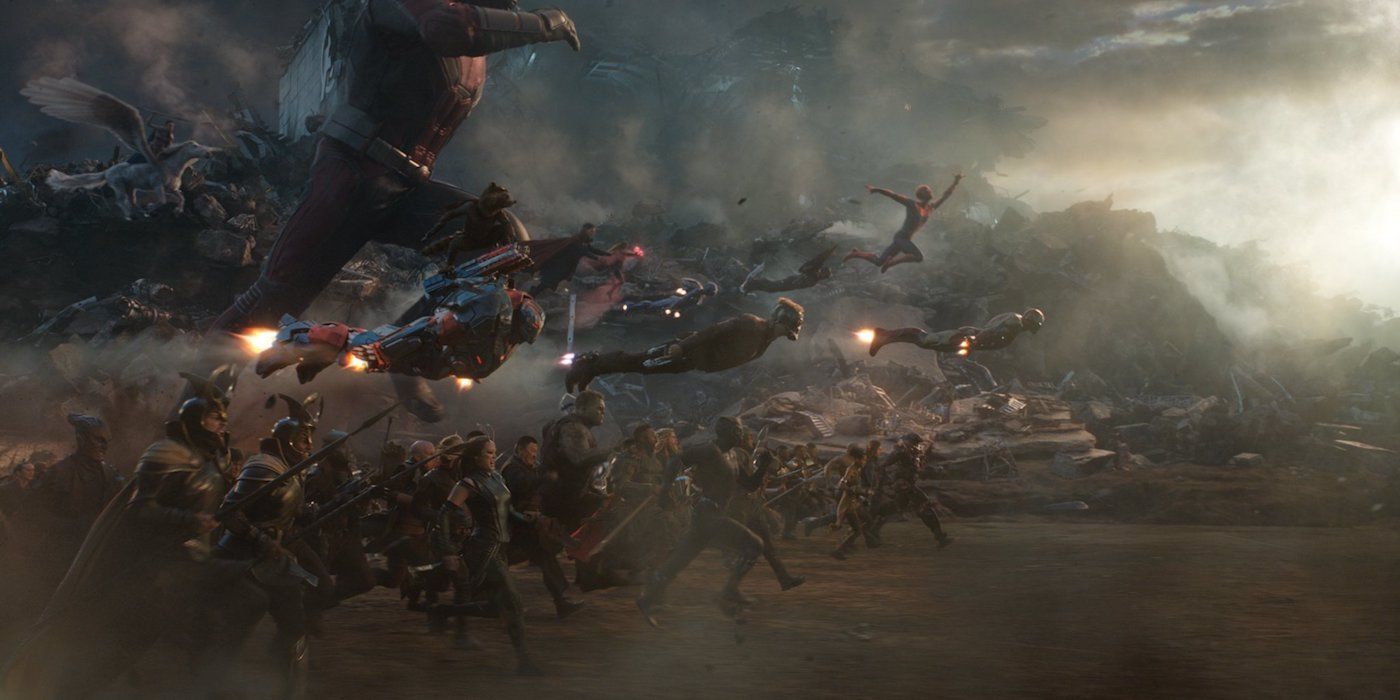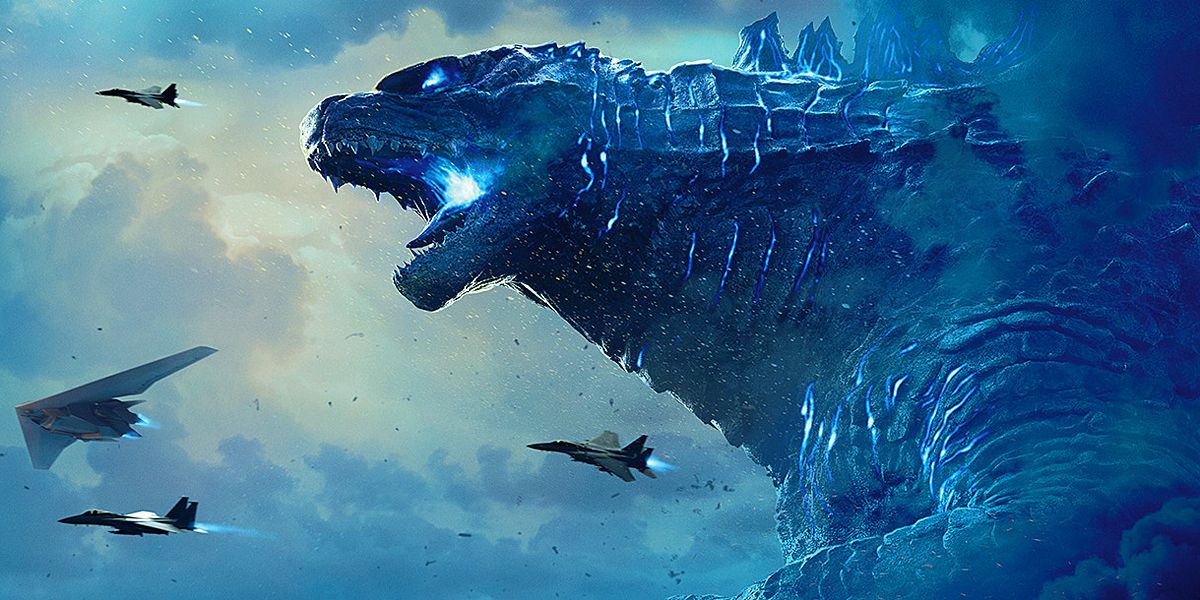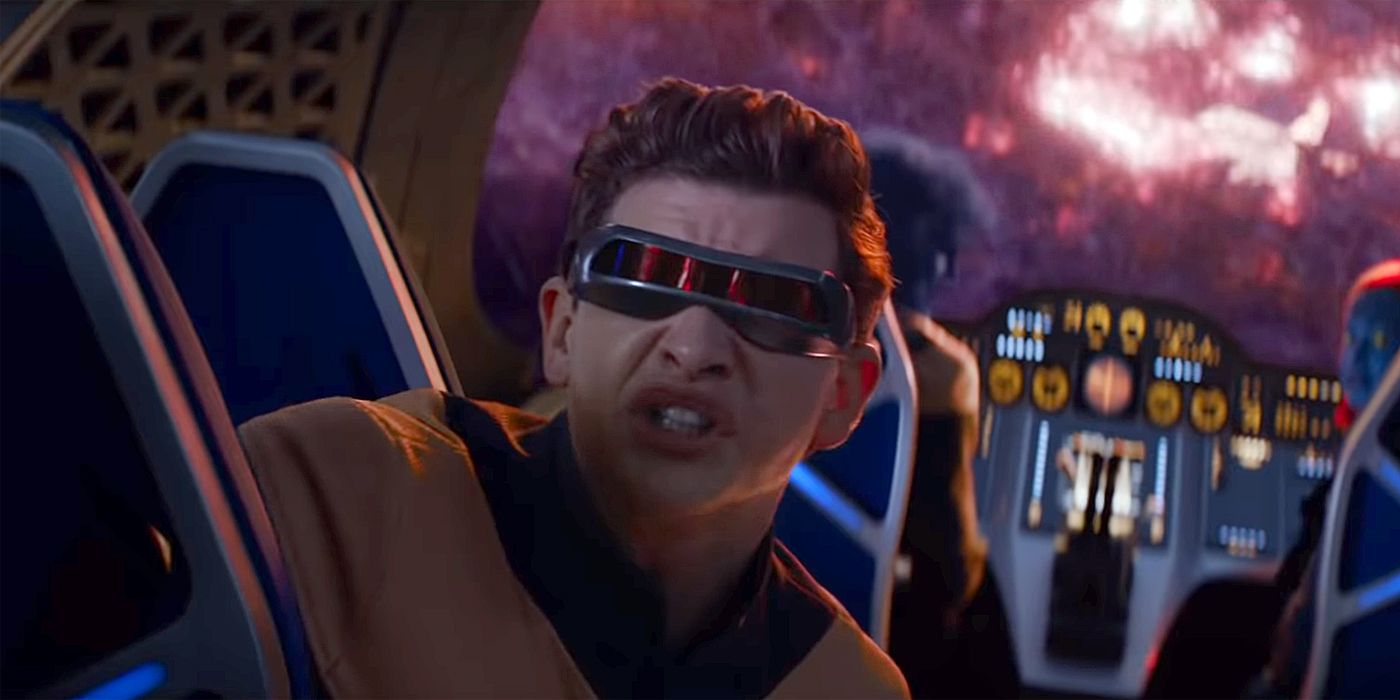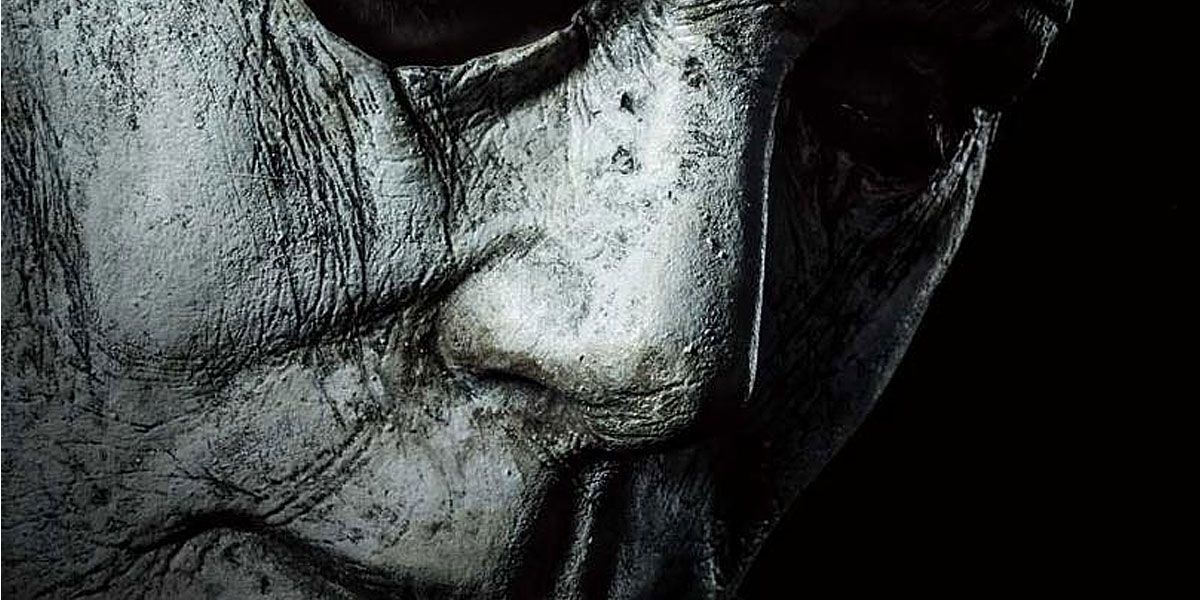If the critics are to be believed, franchise fatigue has hit in 2019 for what seems to be the 10th year in a row. Virtually every time a major franchise film fails, the blame is placed on that ambiguous malady. Dark Phoenix bombs? Godzilla: King of the Monsters underperforms? Men in Black: International doesn't sell tickets? Franchise fatigue.
But when a franchise film succeeds? Well, if franchise fatigue were real, why would films like Avengers: Endgame or Toy Story 4 succeed? Why would Halloween (2018), the 11th film in the horror series, be among its highest-grossing? Franchise fatigue is a convenient excuse for why films fail. No analysis, no thought; just two words.
We need to start asking the tougher question: Why do ideas fail? Why do others succeed?
What Is Franchise Fatigue?
Franchise fatigue -- also referred to as sequel fatigue -- is the idea that if audiences are overexposed to a certain properties, they become bored. Often, a source cited to prove the existence of franchise fatigue is the Western. In the 1940s and '50s, there were hundreds of Westerns produced every year. Movies, television shows and pulps bombarded audiences with Westerns until they were sick of them. So sick, in fact, that audiences started to hate Westerns.
Some argue that superhero films are the modern Western, or maybe the franchise itself is. Eventually, audiences will become exhausted.
The problem is that isn't necessarily true. Westerns declined in popularity, yes, but they continue to be produced to this day. However, many of the Westerns being made felt the same, whereas those that tried something new (The Good, the Bad and the Ugly, Unforgiven, No Country for Old Men, True Grit ...) are considered masterpieces.
But Sequel Fatigue?
But then people argue: "Well, maybe an individual set of characters or ideas will exhaust audiences. If there are too many sequels made, audiences will grow bored with the characters." According to that logic, any day now, Star Wars and the Marvel Cinematic Universe will implode because of over-exposure. Many offer Solo as proof that franchise fatigue is hitting Star Wars already.
This is, of course, ignoring the intense hype for Star Wars: The Rise of Skywalker. That indicates audiences weren't keen on Solo (because of its marketing, proximity to the release of The Last Jedi, or merely its prequel premise) rather than souring on the entire property.
Furthermore, how many James Bond films are there? Some have failed, but the solution always seems to be bring a new creative voice to the property. From there, things bounce back. Almost as if audiences are responding to the creativity behind the franchise rather than the franchise itself.
So, Why Did Godzilla Fail?
In the case of Godzilla: King of the Monsters, failure is a relative term. The film underperformed, yes, but is it a box-office failure? The film has already turned a profit and continues to do well oversees. But it didn't do as well as industry observers would have liked. So far, it has grossed $347 million, as opposed to its predecessor's $529 million.
It's naturally unfair to compare the box office results of a film only four weeks into its release, compared to one that spent 15 weeks in theaters. However, note that the big issue appears to be domestic sales. Despite being a huge international property, Godzilla has relatively little domestic appeal. Marketing didn't esteem U.S. audiences to Godzilla, either, doing little to draw viewers outside of its target market. No Godzilla film, other than 2014's Godzilla, has had a huge box office presence -- and even then, $200 million isn't that huge.
But What About the Big Franchises?
So, what about Dark Phoenix and Men in Black: International?
The X-Men have box office appeal. After all, every X-Men film before Dark Phoenix has succeeded -- except for X-Men: Apocalypse. There were two X-Men films between Apocalypse and Phoenix (Logan and Deadpool 2), yet those two were big successes. So, it isn't the franchise that's the problem. It's X-Men: Apocalypse and Dark Phoenix failing to appeal to an audience. The film doubled down on characters and plot points that audience had moved beyond.
Movie-goers love Wolverine. They love Deadpool. However, neither is in this film.
But audiences didn't like X3 or its Phoenix subplot. If they see a story from a film they already don't like, you'd have to draw them in with something more. But the marketing -- and ultimately the film -- provided little new.
Men in Black: International is a sequel to a franchise centered around Will Smith. Without him, what's to attract audiences? Good word of mouth would be required to attract them, but the film received only so-so reviews. Why would viewers want to watch a franchise film that doesn't have its core store, and hasn't been received well by critics? Marketing sold MIB: International as a Will Smith-less film in a Will Smith franchise.
The Solution?
The problem isn't franchise fatigue It's that franchises need to consistently release good movies. A great example, as previously mentioned, is Halloween. The property has a history of films that fail commercially, only for the next installment to be a hit because it offered fans something new -- except for the third, which offered fans something too different.
Sound familiar?
Either the films offered the same elements to diminishing returns, or else strayed outside the audience's interests by changing too much. Halloween films never bombed because of franchise fatigue, only because they were (sometimes) bad.
Franchise fatigue isn't a reason why films fail. Bad marketing is. Bad writing is. But franchise fatigue? Just retire the term already.

